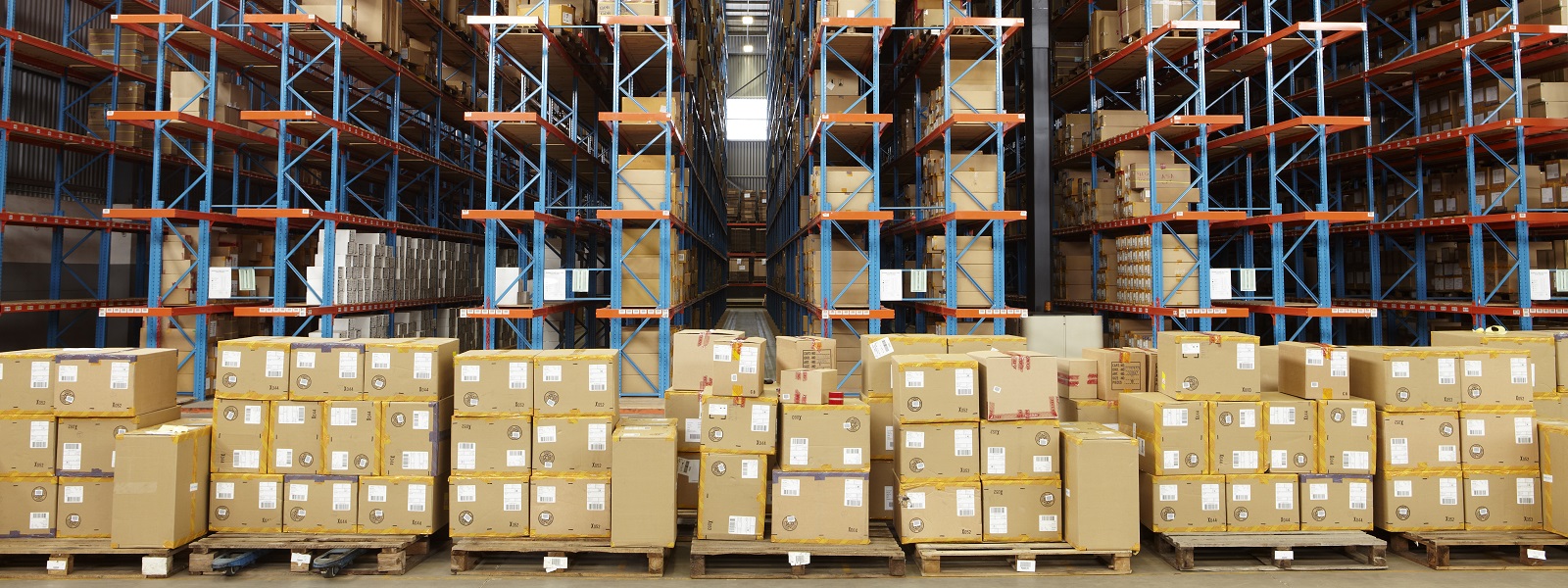Soaring demand for fast and convenient at-home delivery amid the COVID-19 pandemic has made a lasting impact on the consumer market. E-commerce quickly became essential amid societal lockdowns across the globe, with customers turning to online options for everyday essentials such as groceries. Last-mile logistics firms also experienced rapid expansion as a result as they compete to deliver an efficient service.
Leery of slowing growth in the current climate, many investors are looking to M&A in the rapid delivery sector as the quicker path to profitability.
Asia’s on-demand grocery market heats up
The global online grocery market size is expected to reach US$2 trillion by 2030, growing at a CAGR of 25.3% from 2022 to 2030.
Investors are taking note. In January, SoftBank-backed food-delivery platform Swiggy raised US$700 million in a new funding round led by Invesco, and including new investors Baron Capital Group, Sumeru Venture, IIFL and Kotak. The latest funding doubled the Indian delivery start-up’s valuation to US$10.7 billion—promoting it to “decacorn” status.
Following the fundraise, Swiggy aims to further accelerate growth on its core platform as well as invest in its rapid grocery delivery service, Instamart.
One of Swiggy’s main industry competitors, Indian food delivery startup Zomato, recently acquired 10-minute grocery delivery startup Blinkit, formerly known as Grofers. The all-stock deal is valued at US$569 million.
Singapore-based super-app Grab, provider of a range of services in Southeast Asia, from ride hailing to digital financial services and food and grocery delivery, recently expanded its presence in the Malaysian market through its US$450 million purchase of Jaya Grocer—a local supermarket chain that operates 40 stores across the country.
The deal is meant to help accelerate the growth of GrabMart, Grab’s on-demand grocery and specialty retail marketplace, in order to widen its Malaysian consumer base.
Last-mile logistics M&A gathers pace
Last-mile logistics providers are a major area for growth having benefited strongly from a surge in demand for logistics and freight-forwarding services amid the COVID-19 pandemic.
In January this year, French shipping and logistics major CMA CGM Group acquired a majority stake in local logistics player Colis Privé Group for the sum of US$314 million. The purchase aims to expand the presence of CEVA Logistics, CMA CGM’s logistics subsidiary, in the fast-growing last-mile deliveries sector.
The sector is increasingly becoming a hotbed for VC activity. Paack, a Spanish provider of last mile scheduled delivery service, raised US$225 million in a SoftBack-led fundraising in January in order to scale its e-commerce platform.
The delivery firm has developed an innovative platform which integrates directly with e-commerce retailers, thereby providing customers with the option to customize their delivery options. Following success in Spain, the last-mile logistics firm is now looking to consolidate its position in the UK, France, and Portugal.
In addition to raising VC funding, last-mile logistics firms are also using M&A to access new markets and remain competitive in their fast-evolving industry. In June, UAE-based delivery firm Aramex announced a deal to acquire US-based e-commerce platform myUS.com in a US$265 million deal.
The purchase by Aramex, currently the Middle East’s largest courier company, is part of its strategy to expand into new markets and capitalize on opportunities in the fast-growing US$4 trillion global e-commerce sector.
Start-ups seek to disrupt logistics industry
Due to the high growth potential of the last mile delivery, the logistics industry is ripe for disruption. New players seeking to innovate and disrupt traditional market dynamics are on the rise and increasingly attracting dealmaker attention.
One such example is Swedish tech company Instabox, which delivers a tailor-made pickup service to customers by placing smart automated parcel lockers at convenient locations. The startup, which was recently named Europe’s third fastest growing tech company by the Financial Times, recently closed a US$190 million growth equity investment led by Norwegian investment firm Verdane.
Outlook
With such clear growth potential on the horizon for the global delivery market, it is no surprise that investors and dealmakers are flocking to the sector. The Asian market in particular has become a center for rapid delivery start-ups, with consumers increasingly demanding convenience from their food delivery providers and many firms now promising a 10-minute delivery time.
Then again… Ongoing inflation and economic uncertainty are squeezing consumers’ disposable income. In coming months, more consumers may choose to economize by cutting back on the luxury of home delivery, which could cool investor appetite in the sector.
Still, delivery and courier services were clear winners of the pandemic, with last-mile firms increasingly using M&A as a tool to expand their geographic footprint and bolster their capabilities in an increasingly competitive landscape. Meanwhile new startups, fueled by VC investment, will continue to make their presence felt as they seek to disrupt the industry.





